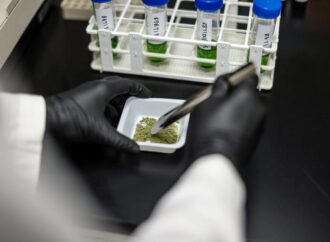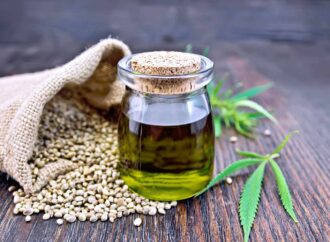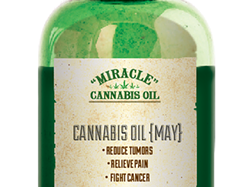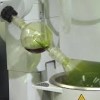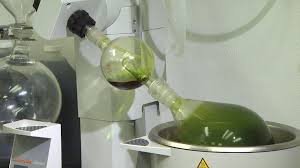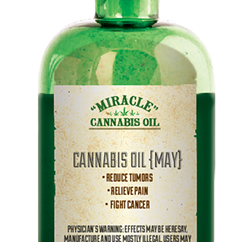According to WebMD, more than 4 million people in the US suffer from a chronic bladder disease called interstitial cystitis. Using mice as models, a team of researchers from the University of Wisconsin-Madison investigated whether activation of CB2 receptors could limit the severity of induced cystitis and the effect on inflammation-related pain and urinary frequency.
According to WebMD, more than 4 million people in the US suffer from a chronic bladder disease called interstitial cystitis. Using mice as models, a team of researchers from the University of Wisconsin-Madison investigated whether activation of CB2 receptors could limit the severity of induced cystitis and the effect on inflammation-related pain and urinary frequency.
According to their results, activation of the CB2 receptors seemed to inhibit inflammation, as swelling and bladder weight were reduced in the group that received cannabinoid treatment. Similarly, acrolein-induced pain sensitivity was inhibited by CB2 activation as well.
As expected, cystitis significantly increased urinary frequency in mice. Contrastingly, activation of CB2 receptors seemed to inhibit this effect also.
In conclusion, the authors said: “Our data indicate that CB2 receptor is a potential therapeutic target for treatment of painful inflammatory bladder diseases.” Considering that phytocannabinoids like tetrahydrocannabinol (THC) and cannabidiol (CBD) are known to activate the CB2 receptors, one can conclude that medical marijuana could be of benefit in the treatment of chronic bladder diseases

